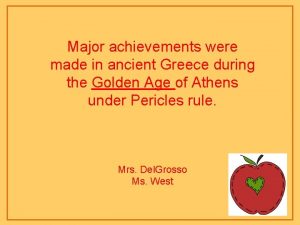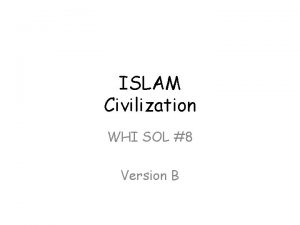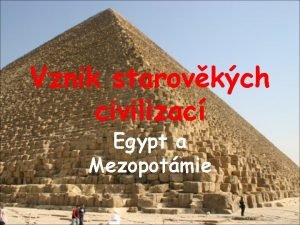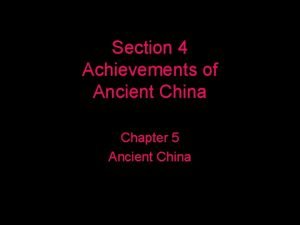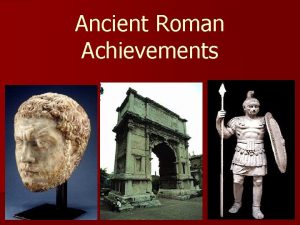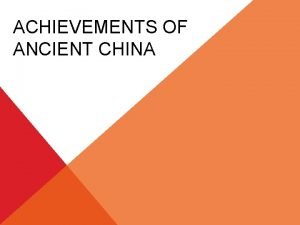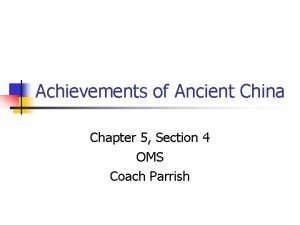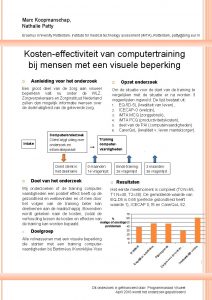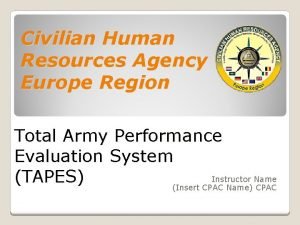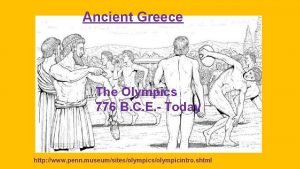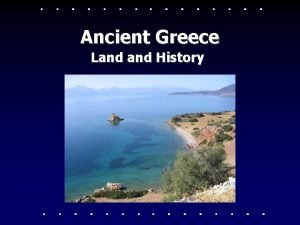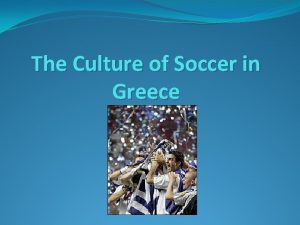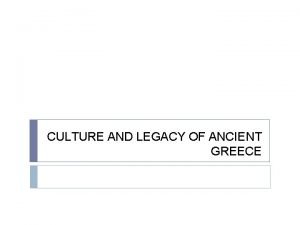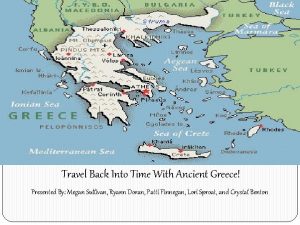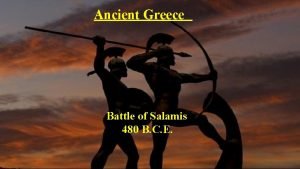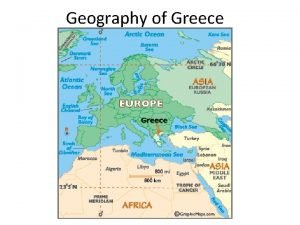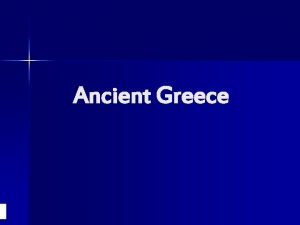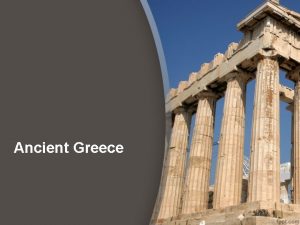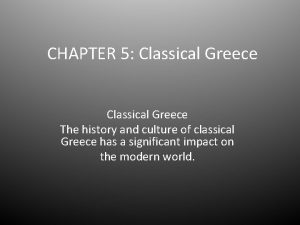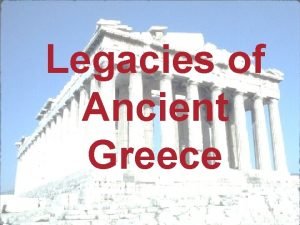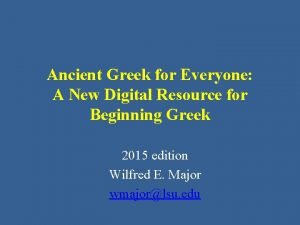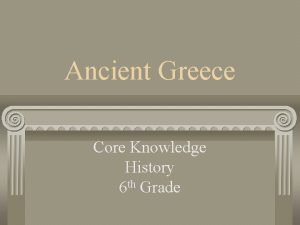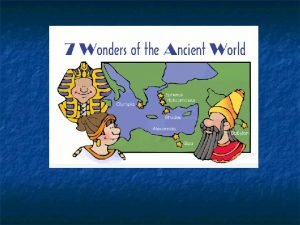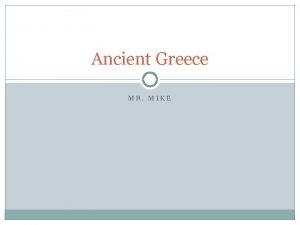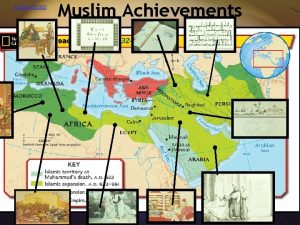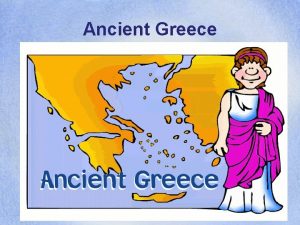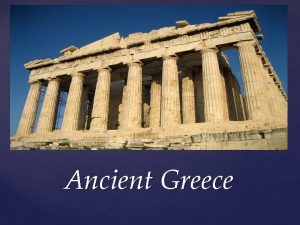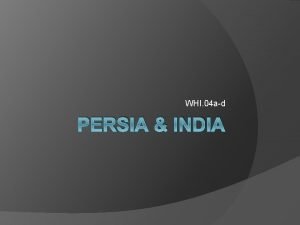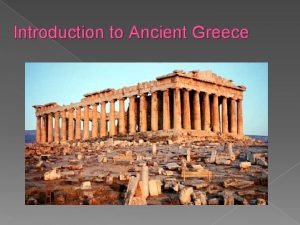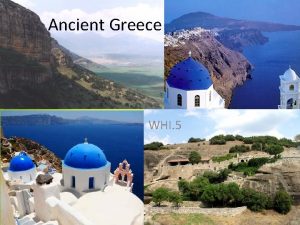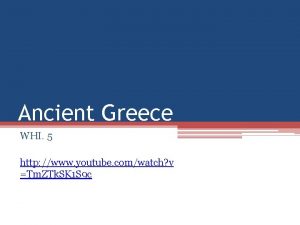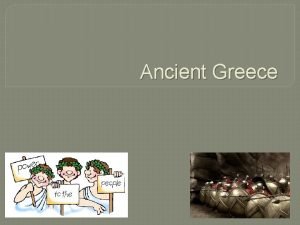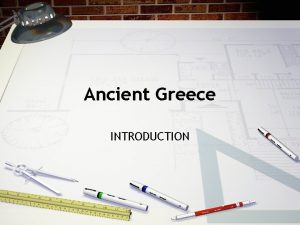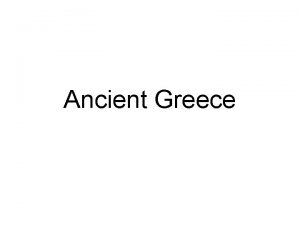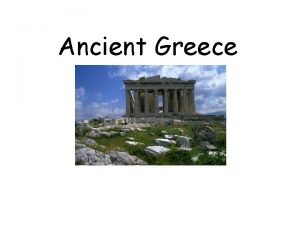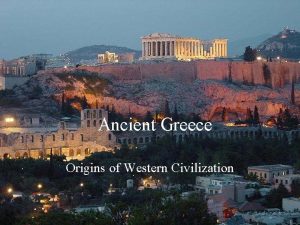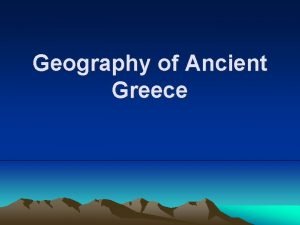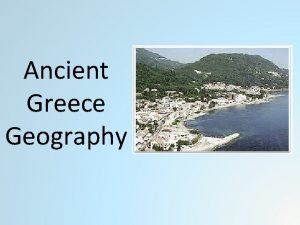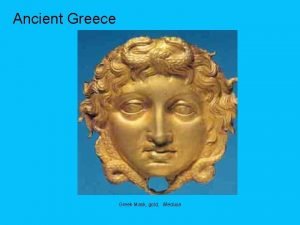WHI 5 Ancient Greece Achievements of Greece Eur



































- Slides: 35

WHI. 5 Ancient Greece Achievements of Greece


Eur ope Balkan Peninsula Black Sea to s e l l ne a d r a D 1 Aegean Sea Troy 6 2 3 Asia Minor controlled by Persia Peloponnesus 4 5 7 Mediterranean Sea Crete

Eur ope Balkan Peninsula to s e l l ne a d r a D 1 - Mountainous, limited arable land Aegean Sea 2 - Independent city-states (polis) Black Sea Troy 3 - Athens: democracy, education & arts Peloponnesus 4 - Sparta: oligarchy & military 5 - Shift from barter to money economy (coins) 7 - Trade led to spread of Hellenic (Greek) culture Mediterranean Sea Crete 6 - Overpopulation + search for arable land = colonization Asia Minor controlled by Persia

Greek Polis (city-state) n Citizens (free adult males) had rights and were responsible for civic participation n Women, slaves, and foreigners had no political rights

Stages of Athenian Government n Monarchy, Aristocracy, Tyranny, Democracy y c a cr o m e D D t c ire Public Debate Dutie s of t he ci tizen

Parthenontemple for Athena in Athens

Architecture- Greek columns n Doric n Ionic n Corinthian

Architecture- Greek columns n Doric Dull n Ionic Two Eyes n Corinthian Creative

Olympic Games The Olympic games were held every four years in honor of Zeus. n Only men were allowed to participate and attend the games. n Events included the foot race, long jump, discus throw, boxing, wrestling, and the combined event, the pentathlon. n

Started in 776 BCE Healthy bodies were important to the ancient Greeks, athletics were apart of the school curriculum, and men spent their leisure time at the gymnasium. Olympic winners were crowned with wreaths of olive leaves and given parades in their honor. Trading and fighting stopped during the games and athletes from all over Greece participated in the games to represent and bring honor to their city -states.

POLITICS n Draco- Athenian tyrant, reformed harsh punishments for crimes n Solon- Athenian tyrant, reform to freed debt slaves n Pericles- Athenian leader, expanded democracy to all free males, rebuilt Athens

Mathematics Pythagoras “father of numbers” n “Pythagorean Theorem” – finds the area of a triangle a 2 + b 2 = c 2 n Euclid great mathematician, contributed to Geometry (shapes) n Book = Elements n

Science Archimedes scientist, mathematician, engineer, and astronomer. n Built lever and pulley system n n Hippocrates “father of medicine”, study symptoms and the whole patient n (The Hippocratic Oath is taken today by medical students. “Do no harm” )

Art & Architecture Phidias Greek sculptor n Designed statues of Zeus and Athena and Parthenon n Homer great epic poet n two epic poems- the Iliad and the Odyssey n

Greek Drama (Theater) two forms of drama: n tragedy (serious) and comedy (funny). n Greek dramas were performed at festivals for the Greek gods in amphitheaters. Only men could be actors. n

Drama (Plays, Theater) Aeschylus Athenian tragic playwright n Agamemnon- story about violence n n (He also fought at Marathon against the Persians. ) n Sophocles Athenian tragic playwrights n Oedipus Rex (a story where a man kills his father and marries his mother). n (He was also a politician and military commander. )

History Herodotus first historian, known as the “father of history” n Book = Histories (about Persian Wars) n n Thucydides second great historian n Book = History of the Peloponnesian War

Philosophy: Philosophy- study of knowledge n Order of philosophers = SPA n Socrates great Greek philosopher n He encouraged people to ask “why” and question their beliefs. n • (Socratic Method = questioning strategy) • (He was charged with corrupting the youth of Athens and forced to drink poison. ) n Plato great Greek philosopher, student of Socrates n Aristotle great scientist and philosopher, student of Plato, teacher of Alexander the Great

Who’s Who Review! n 1. _______________ One of the great philosophers, encouraged questioning to find the truth, Socratic Method, forced to drink poison. Socrates

Who’s Who Review! n 2. _______________ Great Athenian playwright, tragic plays such as Agammemnon, fought in the Persian Wars. Aeschylus

Who’s Who Review! n 3. _______________ Athenian tyrant who worked for reform and canceled debts for slaves. Solon

Who’s Who Review! n 4. _______________ Influential philosopher and scientist, student of Plato and teacher of Alexander. Aristotle

Who’s Who Review! n 5. _______________ Greek epic poet credited with the Iliad and Odyssey. Homer

Who’s Who Review! n 6. _______________ “Father of history”, wrote about the Persian Wars. Herodotus

Who’s Who Review! n 7. _______________ Wrote tragic plays, most famous for Oedipus Rex, politician and military commander. Sophocles

Who’s Who Review! n 8. _______________ “Father of Medicine”, Hippocratic Oath, a doctor should study the whole patient and all symptoms. Hippocrates

Who’s Who Review! n 9. _______________ Tyrant who worked for reform in Athens and established laws and harsh punishment for offenders (also known as draconian rule). Draco

Who’s Who Review! n 10. _______________ Historian who objectively wrote about the Peloponnesian Wars, also military general. Thucydides

Who’s Who Review! n 11. _______________ Mathematician, contributed to Geometry, wrote the Elements. Euclid

Who’s Who Review! n 12. _______________ Athenian sculptor responsible for statues of Athena, Zeus, and the construction of the Parthenon. Phidias

Who’s Who Review! n 13. _______________ Athenian general and leader, extended democracy and rebuilt Athens after the Persian Wars. Pericles

Who’s Who Review! n 14. _______________ Philosopher that discussed the “shadow world”, student of Socrates and tutor of Aristotle. Plato

Who’s Who Review! n 15. _______________ Scientist and mathematician, invented a lever and pulley system. Archimedes

Who’s Who Review! n 16. _______________ Mathematician, “father of numbers”, all things related to math, a 2 + b 2 = c 2. Pythagoras
 Accomplishments of pericles
Accomplishments of pericles Whi format
Whi format Whi
Whi Pink red orange
Pink red orange Kleopatra hrobka
Kleopatra hrobka Achievements of ancient china
Achievements of ancient china Ancient romans achievements
Ancient romans achievements Ancient indian achievements
Ancient indian achievements Ancient china achievements
Ancient china achievements Ancient china achievements
Ancient china achievements My eur library
My eur library Www bmg
Www bmg Eur urol
Eur urol Da form 7222
Da form 7222 Eur ing vs ceng
Eur ing vs ceng Chaarted
Chaarted Ancient greek olympics opening ceremony
Ancient greek olympics opening ceremony Olympics greece
Olympics greece Aristotle direct democracy
Aristotle direct democracy Ancient greece environment
Ancient greece environment Ancient greece soccer
Ancient greece soccer Culture and legacy of ancient greece stations
Culture and legacy of ancient greece stations Where was ancient greece located
Where was ancient greece located Salamis
Salamis What peninsula is greece located on
What peninsula is greece located on Ancient greece peninsula
Ancient greece peninsula What continent is greece located on
What continent is greece located on Balkan peninsula ancient greece map
Balkan peninsula ancient greece map Chapter 5 ancient greece
Chapter 5 ancient greece Legacy of ancient greece
Legacy of ancient greece Legacies of ancient greece
Legacies of ancient greece Ancient greece webquest
Ancient greece webquest Ancient greece
Ancient greece Core knowledge ancient greece
Core knowledge ancient greece 7 wonders of ancient greece
7 wonders of ancient greece Creating a time travel brochure
Creating a time travel brochure
